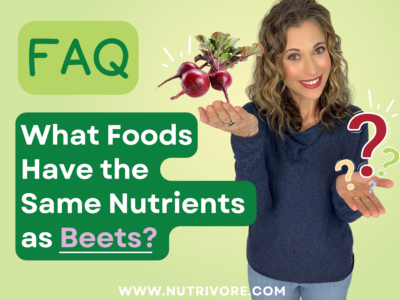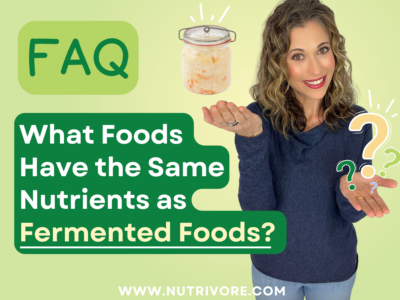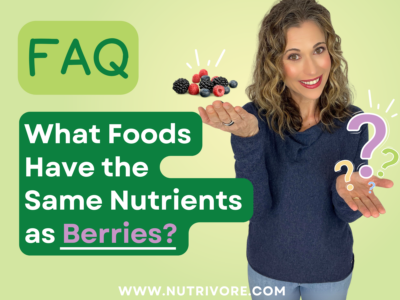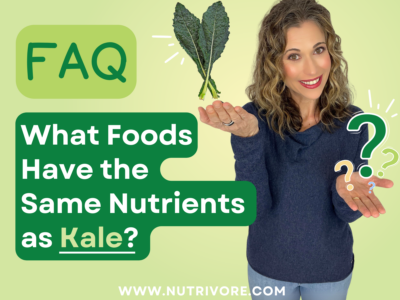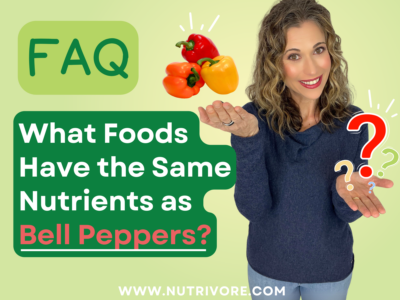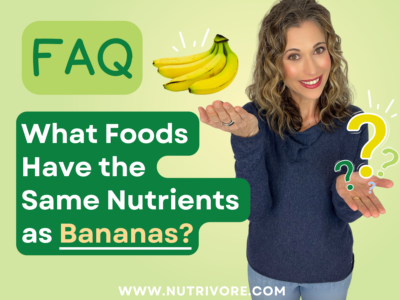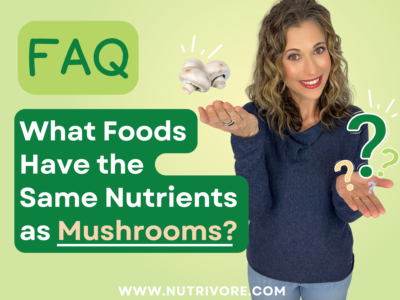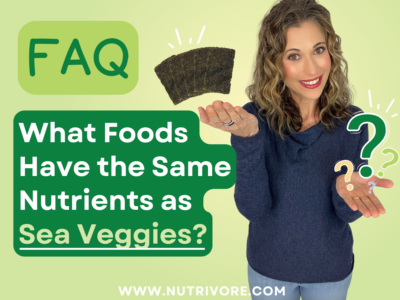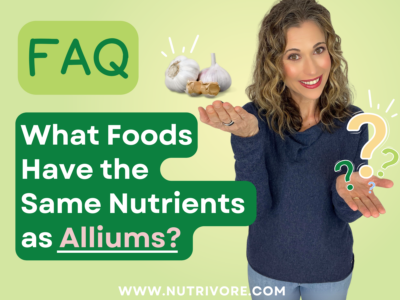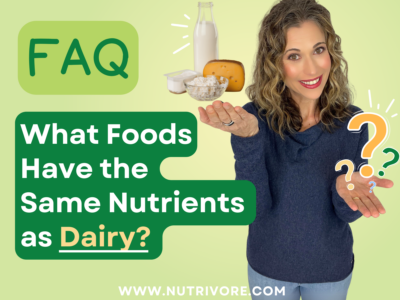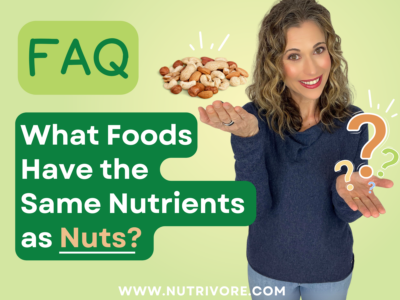What Counts as Citrus Fruit?
Citrus fruits come from plants of the citrus genus, a group of flowering shrubs and trees in the rue family (aka Rutaceae). Botanically speaking, citrus fruits are actually a special type of berry called a hesperidium—characterized by a tough outer rind, a segmented interior, juicy pulp, and enclosed seeds. Like kiwis, citrus fruits are technically a type of berry.
There are more than 2,500 types of citrus fruits (and more than 600 types of oranges alone!). Many of these fruits aren’t separate species, but hybrids of other existing citrus fruits. Common examples of citrus fruits include: clementine, grapefruit, kumquat, lemon, lime, mandarin, orange, pomelo, and tangerine.
What Nutrients Do Citrus Fruit Contain?
Citrus fruits contain an outstanding combination of phytonutrients, micronutrients, and fiber.
Citrus fruits are bursting with phytonutrients— particularly a unique class of flavonoids known as flavanones. Flavanones are universally present in citrus fruits, and are responsible for not only their distinctive bitter taste, but also many of their health benefits. On the whole, flavanones have impressive free radical-scavenging activity, with evidence suggesting they can help protect against various chronic diseases (including cardiovascular disease and cancer), lower blood lipids, improve insulin sensitivity, reduce hypertension, lower inflammation, and exert antioxidant activity. In the gut, flavanones interact with and influence the microbiota, and these interactions may be responsible for many of these phytochemicals’ biological effects! Some flavanones also appear to traverse the blood-brain barrier, giving them potential roles in protecting against neurodegenerative diseases. Some of the specific flavanones in citrus fruits include hesperidin and naringin. But, the list of citrus phytonutrients doesn’t end there! Citrus is also a good source of limonoids, carotenoids, and anthocyanins.
As far as micronutrients go, citrus are superstars in a few key areas. Most famously they are an excellent source of vitamin C (aka L-ascorbic acid)—a water-soluble vitamin with powerful antioxidant properties, with important roles in the immune system and collagen production. Along with vitamin C, citrus offers notable amounts of some other essential nutrients, including: copper, folate, potassium, vitamin B5, vitamin B6, and biotin.
The fiber in citrus is another major driver of this food group’s health benefits. Most citrus fruits are rich in the fibers pectin, cellulose, lignin, and hemicellulose, which have benefits ranging from improved digestion and weight loss to cholesterol reduction (and in some cases, serve as fermentable prebiotics for our gut bacteria).
Across the board, citrus fruits are nutrient dense but not energy dense — meaning they deliver plenty of micronutrients but not a lot of calories!
Health Benefits Associated With Citrus Fruit
Regular consumption of citrus fruits has been linked to wide-ranging protection against disease—including cardiovascular disease (heart disease & stroke), neurological conditions, depression, dementia, cancer, endometriosis, and obesity!
What if I Don’t Like Citrus Fruit?
Wondering how to reap the health benefits associated with these healthy foods if you aren’t a fan of them or can’t eat them due to an allergy, I’ve got you covered! If you can’t eat citrus fruits, don’t worry—you can still get the same nutrients from other foods.
Citrus fruits are special due to two main nutrients: flavonoid polyphenols and pectin.
Flavonoid polyphenols include naringin, hesperetin, hesperidin, quercetin, and rutin. These compounds are beneficial because they are antioxidants, but they also increase the bioavailability of vitamin C, which is why citrus fruits are such a valuable source of vitamin C, even though the amount of vitamin C in them is pretty easy to get elsewhere. That’s why flavonoids are the special nutrient in citrus and not vitamin C! You can find naringin, hesperetin, and hesperidin in mint family herbs like peppermint, spearmint, and oregano, while quercetin and rutin can be found in onions, figs, and olives.
Pectin is a type of soluble fiber that is beneficial for gut health as it helps feed probiotic bacteria in our gut microbiomes. It also has other benefits like lowering cholesterol and regulating bowel movements. Foods high in pectin include: apples (a very high source), and carrots.
Surprisingly, there is only one non-citrus food containing all of these important nutrients. The food that is most similar nutritionally to citrus fruits is tomato! Tomatoes contain all of the same flavonoids as citrus and are high in pectin. While you might not substitute an orange with a tomato in cooking, nutritionally, they are very interchangeable!
As always, it’s important to remember that you don’t have to eat citrus fruits if you don’t want to. Focus on all of the nutrient-dense foods you enjoy, have access to, and can afford and prepare them in a way that you love! There is no one perfect Nutrivore diet—there is a ton of flexibility of food choice that aligns with Nutrivore principles. And, Nutrivore celebrates every small step you take towards consuming a more nutrient-replete diet. Don’t forget that the diet you follow or don’t follow now does not impact your long-term health, what does is your lifelong eating patterns!
If you’re interested in my thoughts on nutritional swaps for citrus, check out my video below and if you want to learn more about citrus fruits you can read my detailed article here. Looking for other foods rich in the important nutrients found in citrus, including polyphenols and fiber? I’ve got you covered! Check out my Top 25 Foods for Every Nutrient E-Book, which highlights top foods for 42 important nutrients.
Food Swaps
If you’re looking for swaps for other foods check out these posts!



